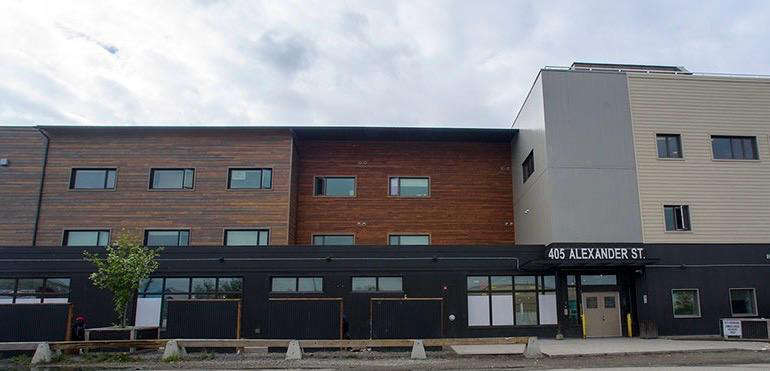
Last week inquest heard Whitehorse emergency shelter staff members testifying that they were not trained for the emergencies that caused the deaths of four Yukon women.
The coroner’s inquest into the deaths of four Yukon Indigenous women at the Whitehorse Emergency Shelter which began April 8 has entered its second week.
Last week inquest heard Whitehorse emergency shelter staff members testifying that they were not trained for the emergencies that caused the deaths of four Yukon women.
The inquest heard Whitehorse emergency shelter staff members testifying that they were only trained on basic CPR and how to administer naloxone, a medication that rapidly reverses an opioid overdose and that at the time of the deaths of Cassandra Warville 35 and Myranda Tizya-Charlie 34, there was no clear policy or training available to staff on how to deal with overdose incidents nether were they trained on how to monitor intoxicated guests.
Yesterday, the inquest focused on pathology and toxicology reports.
An expert toxicologist who testified said that fentanyl is increasingly a drug of choice. Some people prefer it to other drugs, said Dr. Aaron Shapiro via Zoom from British Columbia.
Shapiro also confirmed that drug testing-strips are sometimes employed to confirm there is fentanyl in the drug, something the Inquest heard earlier from frontline workers.
Testing-strips are intended for 'harm reduction' as it indicates whether there is contamination of fentanyl in another drug; it lets the user decide whether to throw it away as fentanyl is known to be associated with overdoses more than other drugs, or not. Some users of the strips, however, want to see the presence of fentanyl due to the specific effect the drug provides.
On Monday the circumstances surrounding the death of Darla Skookum, 52 was shared. The CCTV video played at the inquest shows Skookum hanging out in the shelter's lounge area, drinking from a cup.
Later, unable to stand or walk, she was moved by shelter staff using a wheelchair to the overflow sleeping area. The video shows three staff members transferring and lying her flat on her stomach on a floor mattress around 9:45pm.
While staff and clients came and went from the room for over 12 hours, Skookum remained in her bed, unmoving. After 10am the next morning, video footage shows a staff member checking on her, then leaving and bringing back a paramedic a few minutes later.
According to family member present at the Inquest, said she felt angry when she watched the video.Darla Skookum was a "rambunctious" girl who loved gymnastics and was in the marching band at school, the family member said.
The inquest heard the testimony of the RCMP officer who responded to the call on the morning of Skookum’s death.
He said some video footage of the corridor during Skookum’s transfer on the wheelchair from the lounge area to the overflow room was missing, or never obtained.
Skookum was a citizen of the Little Salmon Carmacks First Nation. She grew up in Carmacks and Faro with two brothers and five sisters, although only three of the siblings are still living, the Inquest heard.
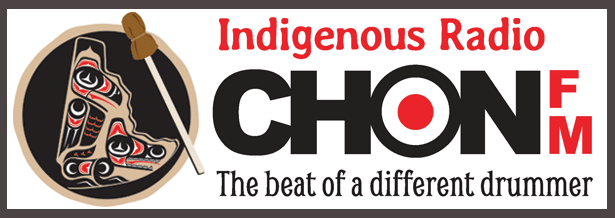

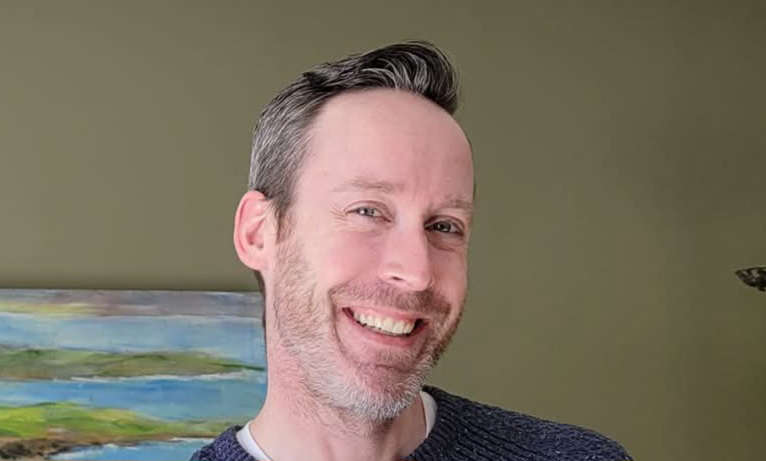 Former teacher calls out education minister for inaction
Former teacher calls out education minister for inaction
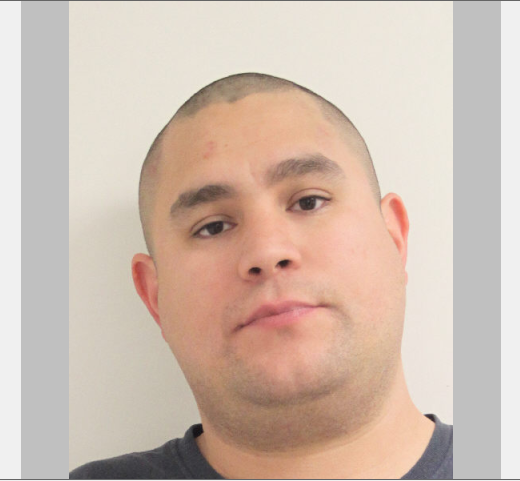 Yukon RCMP issue arrest warrant
Yukon RCMP issue arrest warrant
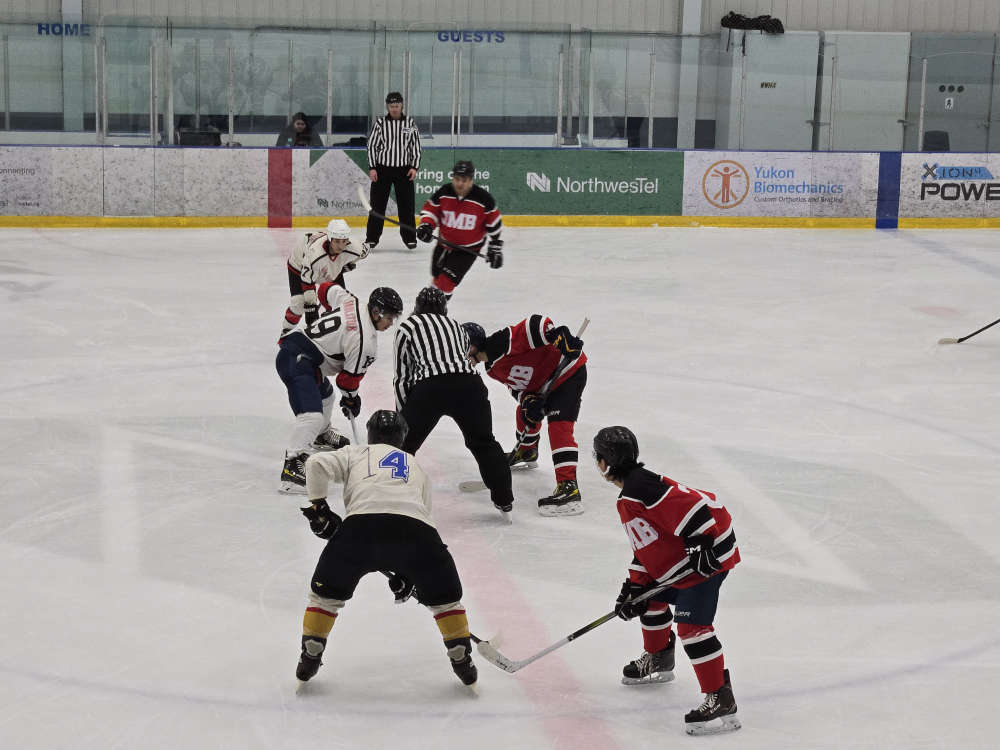 Yukon Native Hockey Tournament kicks off its 45th anniversary with more teams than ever before
Yukon Native Hockey Tournament kicks off its 45th anniversary with more teams than ever before
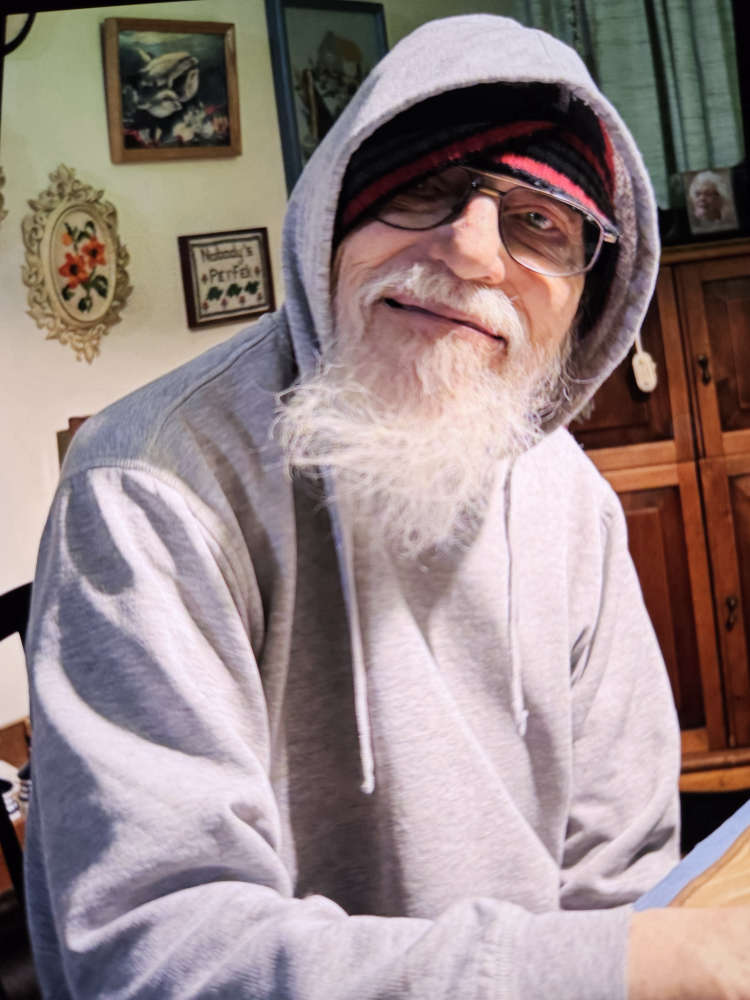 Whitehorse RCMP search for missing man
Whitehorse RCMP search for missing man
 B.C. man, two Watson Lake residents arrested on warrants in Whitehorse
B.C. man, two Watson Lake residents arrested on warrants in Whitehorse
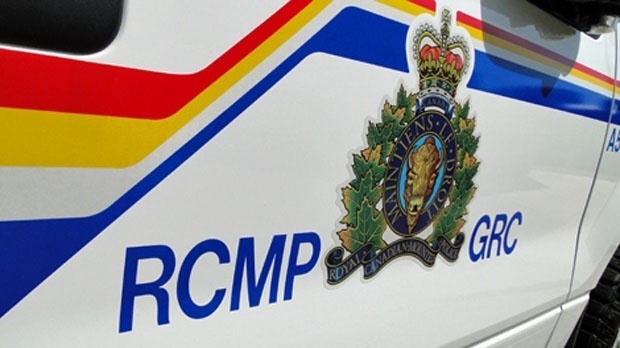 Ross River RCMP arrest two men in separate, unrelated investigations involving stolen rifles
Ross River RCMP arrest two men in separate, unrelated investigations involving stolen rifles
 Medical Staff Association president raise "significant concerns" surrounding acute care at Whitehorse General
Medical Staff Association president raise "significant concerns" surrounding acute care at Whitehorse General
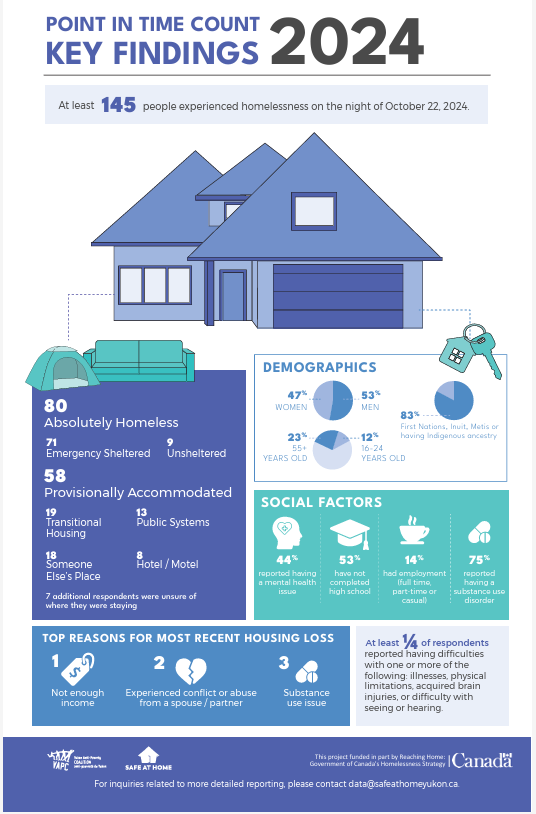 Whitehorse count indicates 83 per cent of homeless in 2024 were Indigenous
Whitehorse count indicates 83 per cent of homeless in 2024 were Indigenous
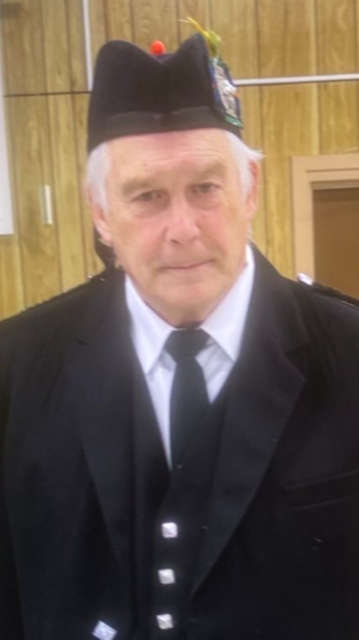 Whitehorse RCMP seek public's help in locating missing 73-year-old man
Whitehorse RCMP seek public's help in locating missing 73-year-old man
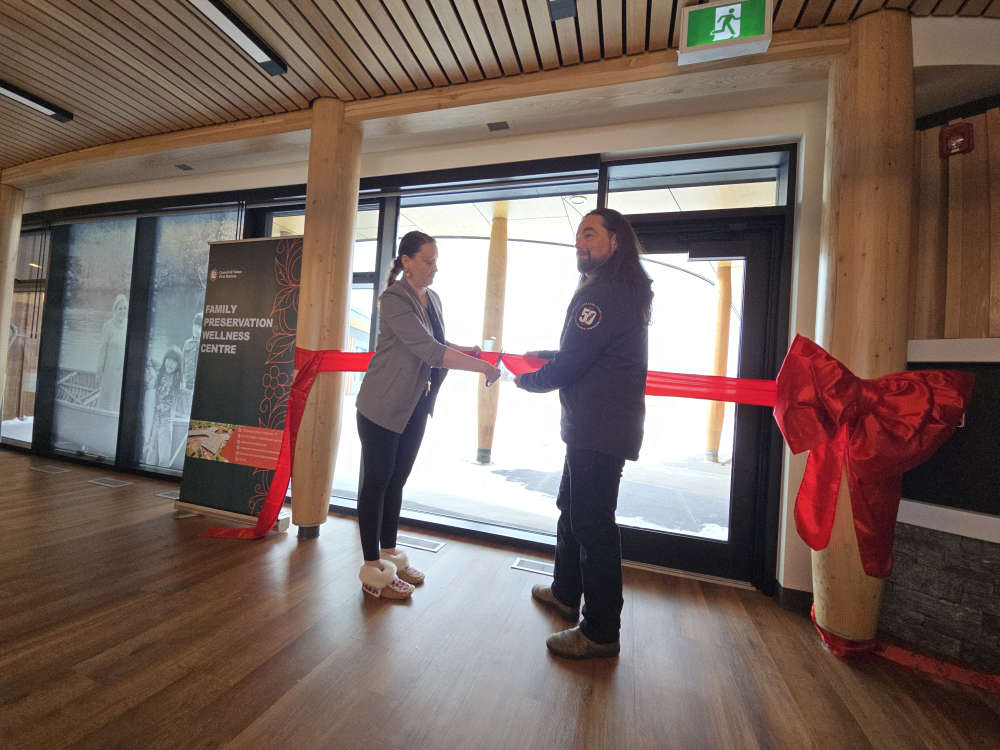 CYFN opens new wellness centre in Whistle Bend
CYFN opens new wellness centre in Whistle Bend
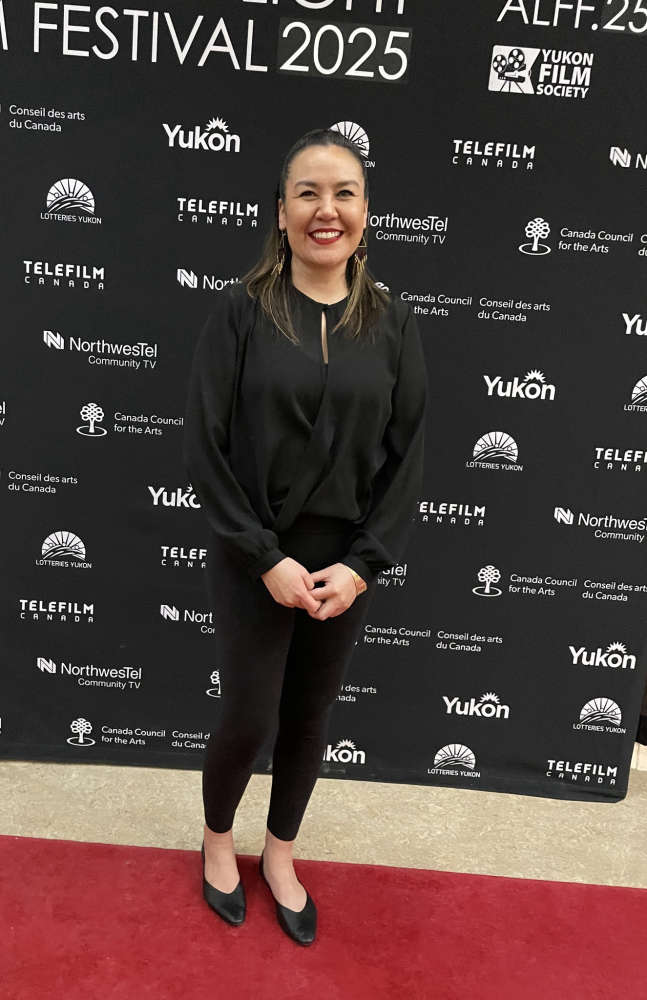 'Old Crow a Philosophy' makes global premiere at YAC
'Old Crow a Philosophy' makes global premiere at YAC
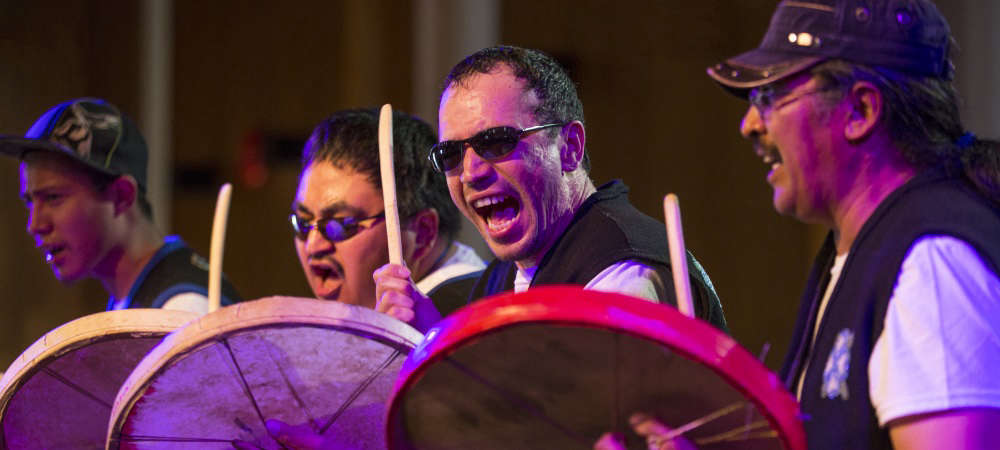 Yukon First Nations Culture and Tourism Association cancels events for 2025, including Adäka Festival
Yukon First Nations Culture and Tourism Association cancels events for 2025, including Adäka Festival
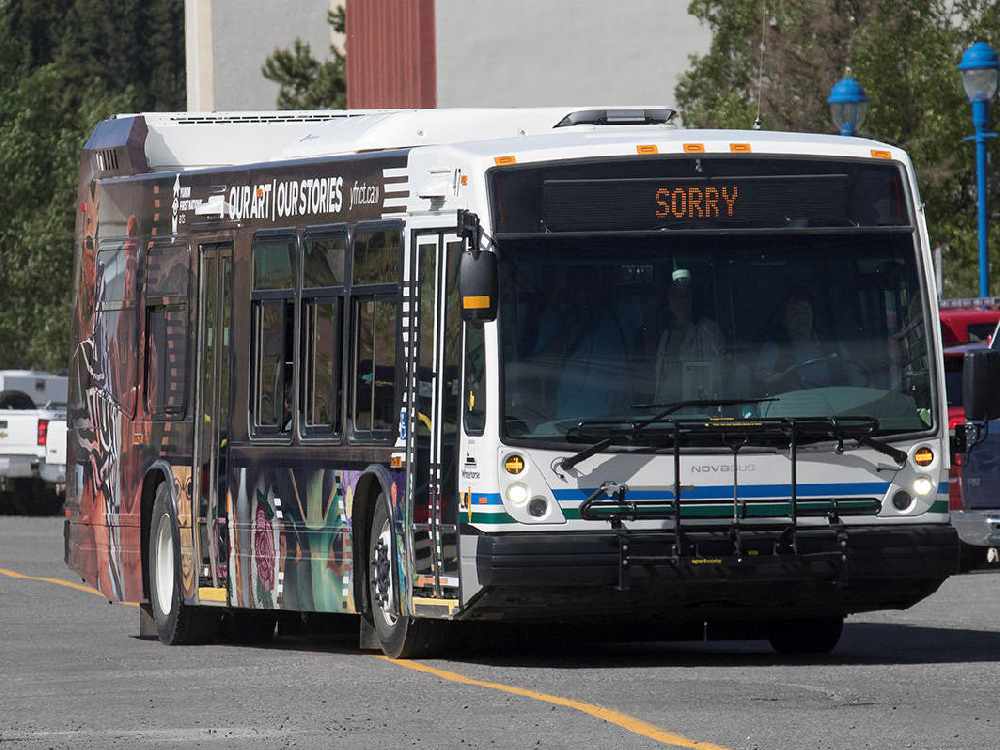 Whitehorse residents and Yukon NDP speak out against a proposed transit fare hike
Whitehorse residents and Yukon NDP speak out against a proposed transit fare hike
 Diane Strand wins Haines Junction mayoral byelection
Diane Strand wins Haines Junction mayoral byelection
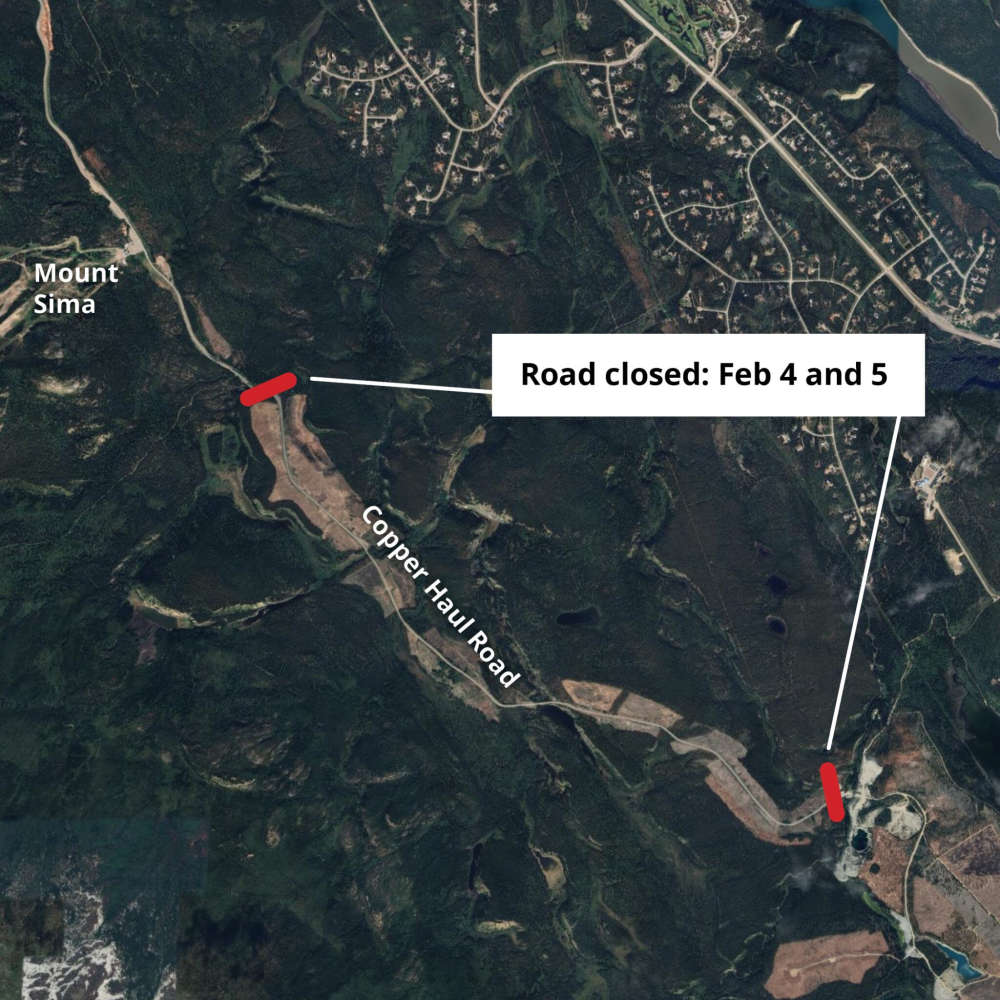 Copper Haul Road closure announced for bridge repairs
Copper Haul Road closure announced for bridge repairs
 Yukon Government and Canadian Government partner to boost local businesses
Yukon Government and Canadian Government partner to boost local businesses
 Yukon NDP hosts virtual mining discussion
Yukon NDP hosts virtual mining discussion
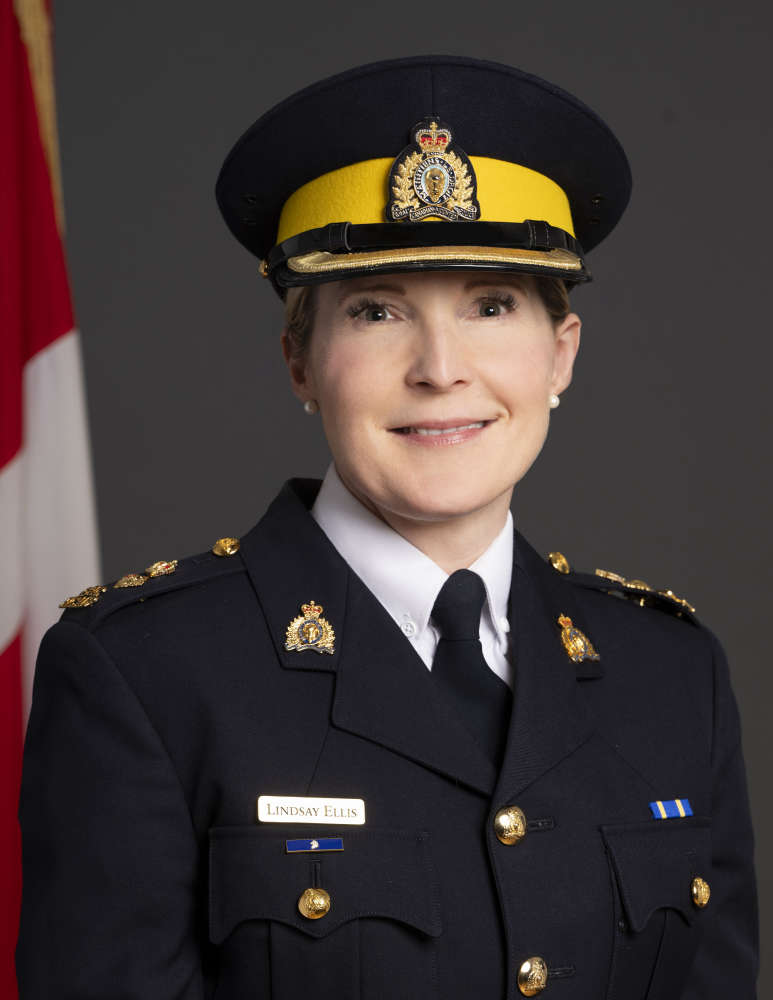 Chief Superintendent Lindsay Ellis Becomes Yukon RCMP M Division's First Female Commanding Officer
Chief Superintendent Lindsay Ellis Becomes Yukon RCMP M Division's First Female Commanding Officer